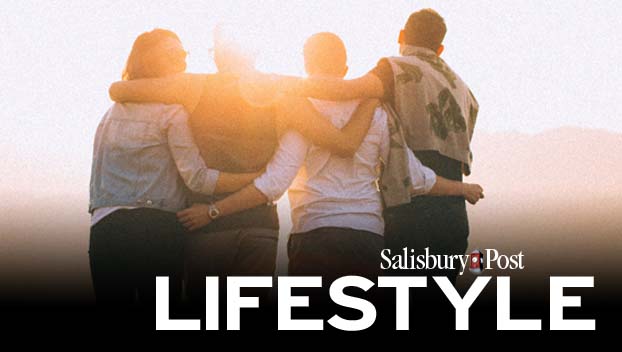Ester Marsh column: Signs you are working out too hard
Published 12:00 am Sunday, August 8, 2021
With a lot more people coming back to exercise, it’s important to slowly increase your time and intensity.
There is a fine line to be exercising for your health, and exercise hurting your health. My main event was judo, and I was very good at it. I was the one who would work harder and longer but I was also the one who had injury after injury. I would win a big international judo tournament and get hurt in practice or competition and not able to attend a qualifying tournament for the European and world championships.
No pain no gain — is it true? To a point, but that’s where that fine line sets in. There is some muscle, body pain and burning lungs going on when working out hard, whether it is running, martial arts, lifting weights or any other sport out there. But when is it too much? The following are signs and symptoms from the ACSM’s health and Fitness journal; More than 125 signs and symptoms have been identified in other published literature but the most common signs and symptoms of over training are:
• Persistent heavy, stiff, and sore muscles
• Persistent fatigue, washed-out feeling
• Decreased performance and ability to maintain training regimen
• Increased susceptibility to infections, colds, headaches
• Nagging and somewhat chronic injuries
• Sleep disturbances
• Decreased mental concentration and restlessness
• Increased irritability
• Depression
• Tachycardia (faster heartbeat than normal at rest) and, in some cases bradycardia (slower than normal heart beat)
• Loss of appetite and weight loss
• Bowel movement changes
• With females, absence of menstruation.
You may think you are doing the right thing for your body, but in reality you may be harming yourself. So how am I making sure I am not doing too much?
• Listen to your body and take extra recovery time when needed
• Follow the 10% rule; don’t increase training volume and/or intensity by more than 10% at a time.
• Change up your workout routine through different formats, with higher intense and volume periods to extended periods of rest and recovery time.
• Cross train, a variety in your training is very healthy and beneficial. I would highly recommend adding swimming or water exercise if you only perform land exercises.
• Rest accordingly. After a hard workout, your body usually needs at least 24 up to 72 hours of recovery depending on how hard and long you have worked.
• You should not feel wiped out after a workout; you should actually feel you could do more. If not you are doing too much.
• Proper nutrition and hydration is very important. Seek a professional dietitian, when needed, who is knowledgeable with sports nutrition.
• Choose quality over quantity — shorter quality workouts always “win”!
• Quality sleep is essential. This is the time when your body is restoring and rebuilding.
As with eating, keeping a log on your exercise routines can be very beneficial. Write down what you do at what intensity and how long you exercise, but also how you felt. Most people think this is for the competitive athletes, which are part of a group that believes “no pain no gain” is the only way to work out. As coaches, personal trainers and athletic trainers, we need to guide and support our athletes young and old that training hard responsibly and effectively is the key to a healthy successful career. But it is also for the person who is exercising for health, stress relief or weight loss that “too much” is not the healthy way to exercise.
Do you have signs and symptoms of over training? Your family doctor would be a great resource to help steer you on a path of health and not overtraining. Any qualified personal or athletic trainer/coach can assist you and guide you to a program that will be beneficial in your training regimen not hindering your improvements.
So whether you are a competitive athlete, health seeker, or stress relief exerciser, make sure you exercise for your health.
Ester H. Marsh is health and fitness director of the JF Hurley Family YMCA.





